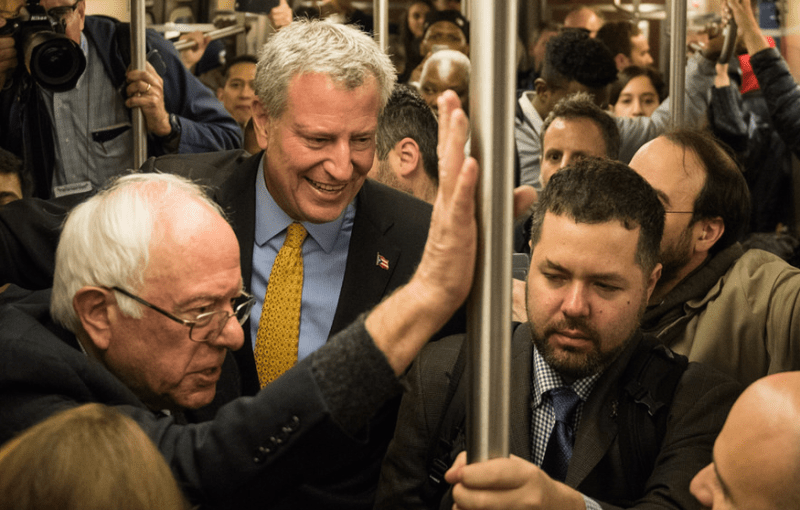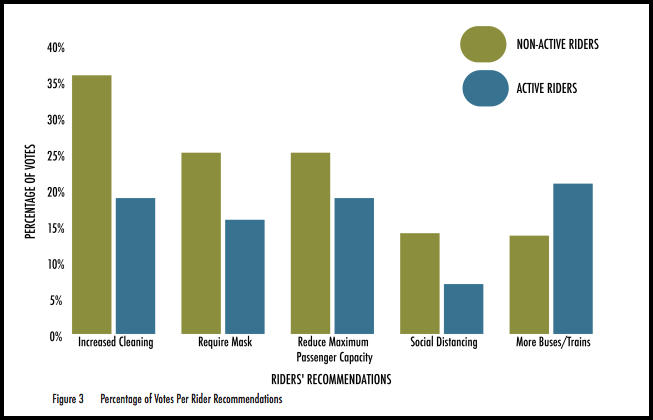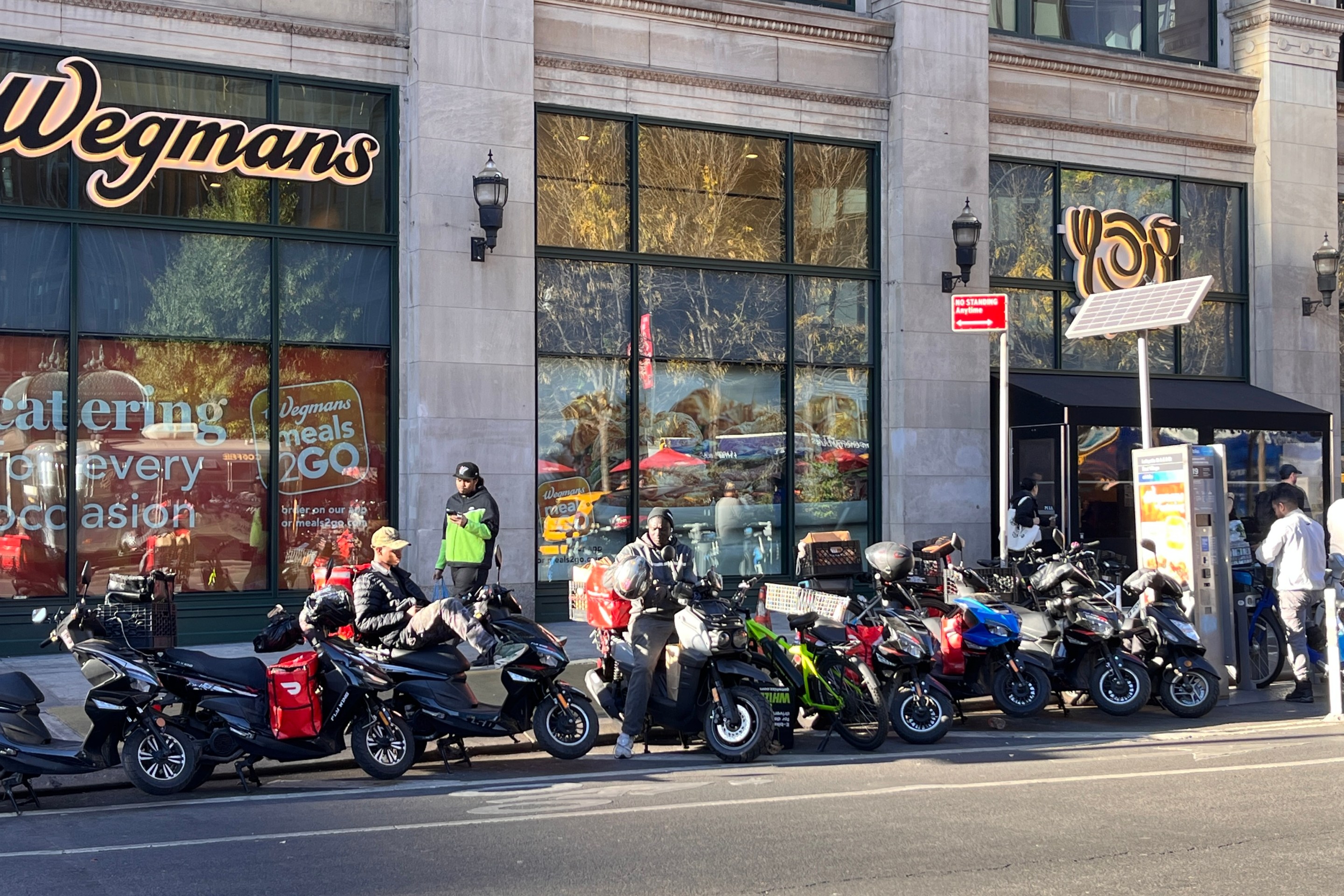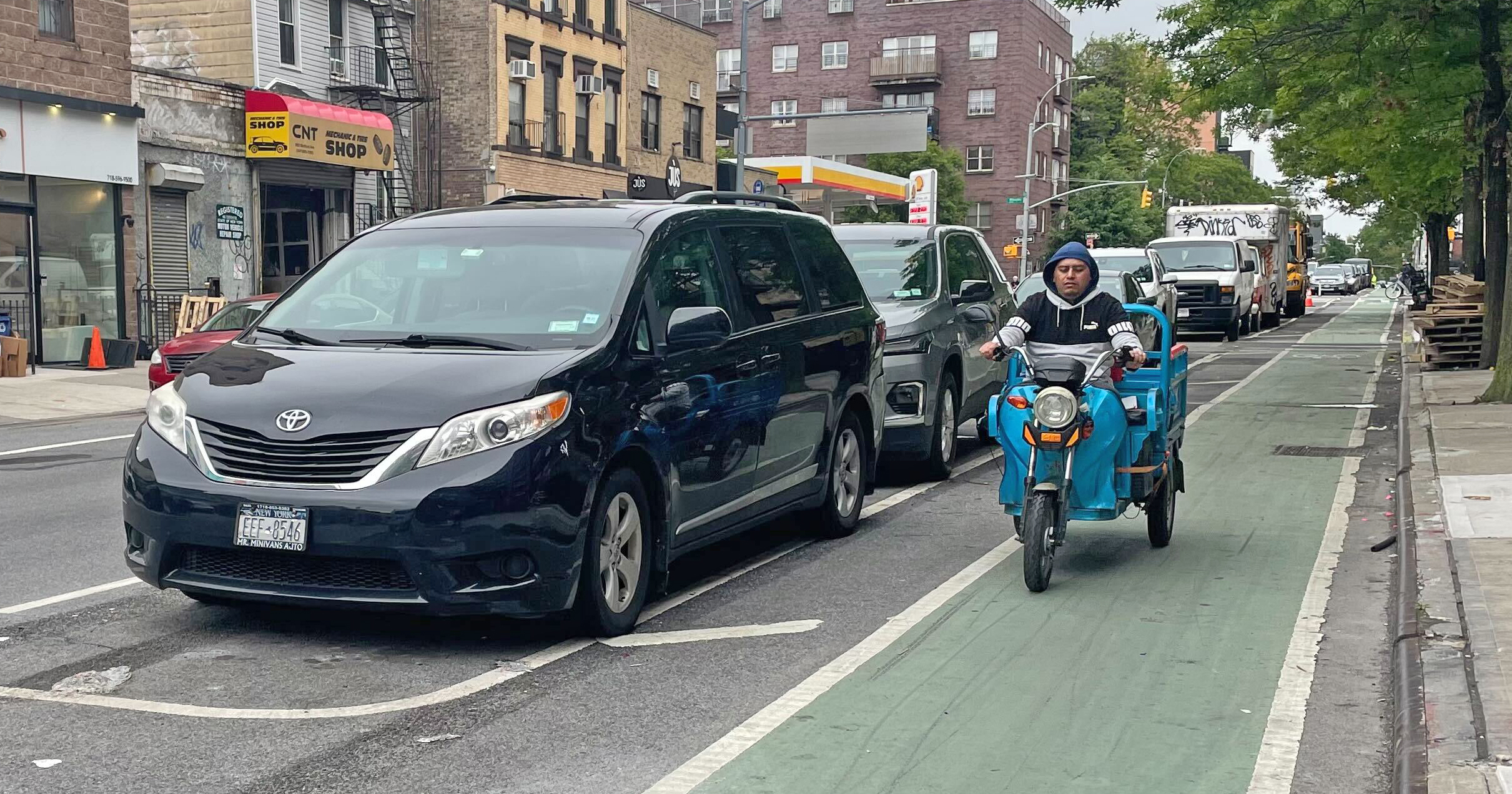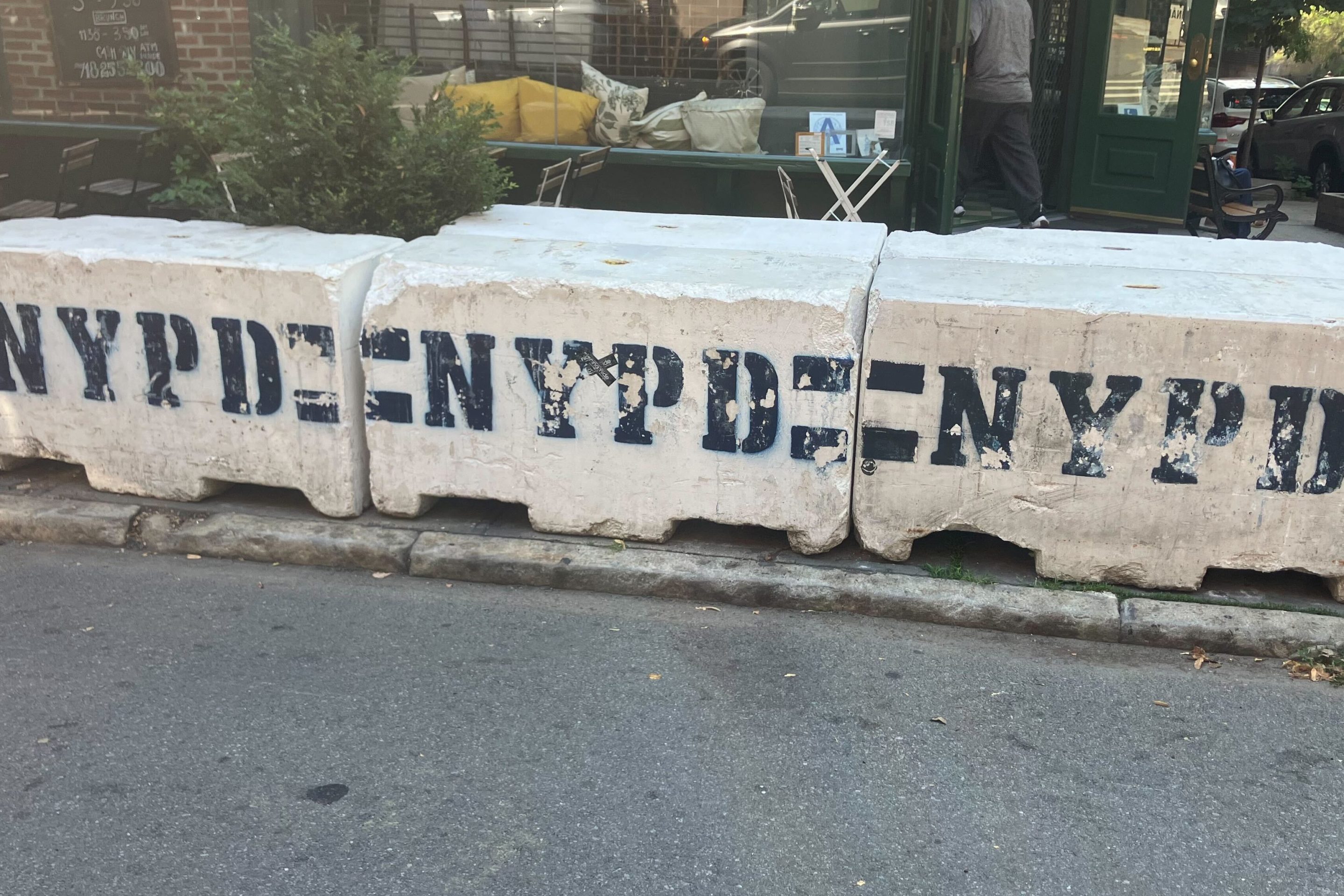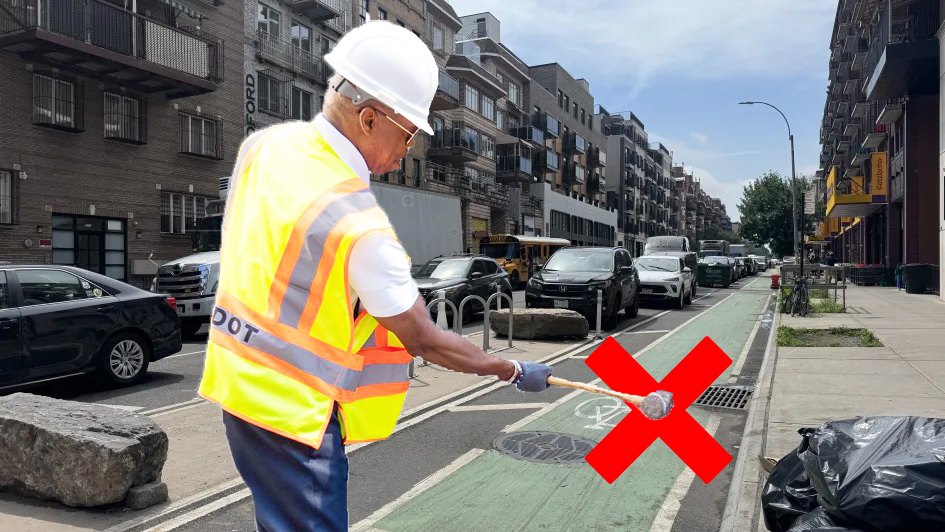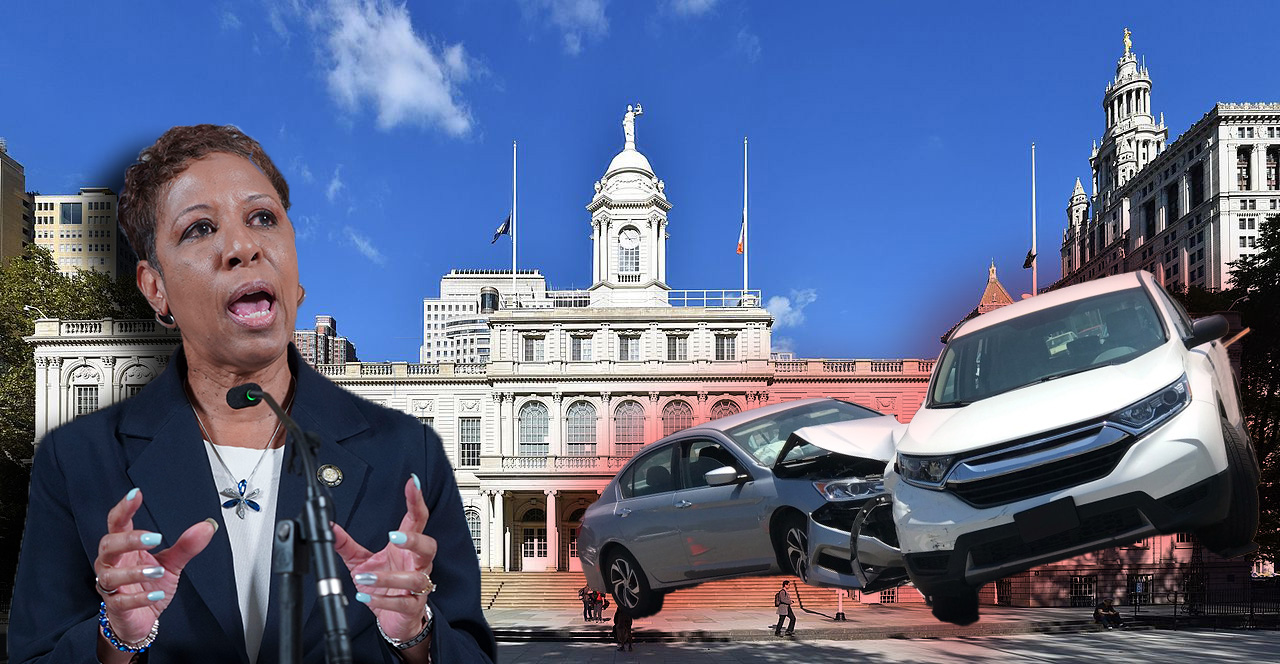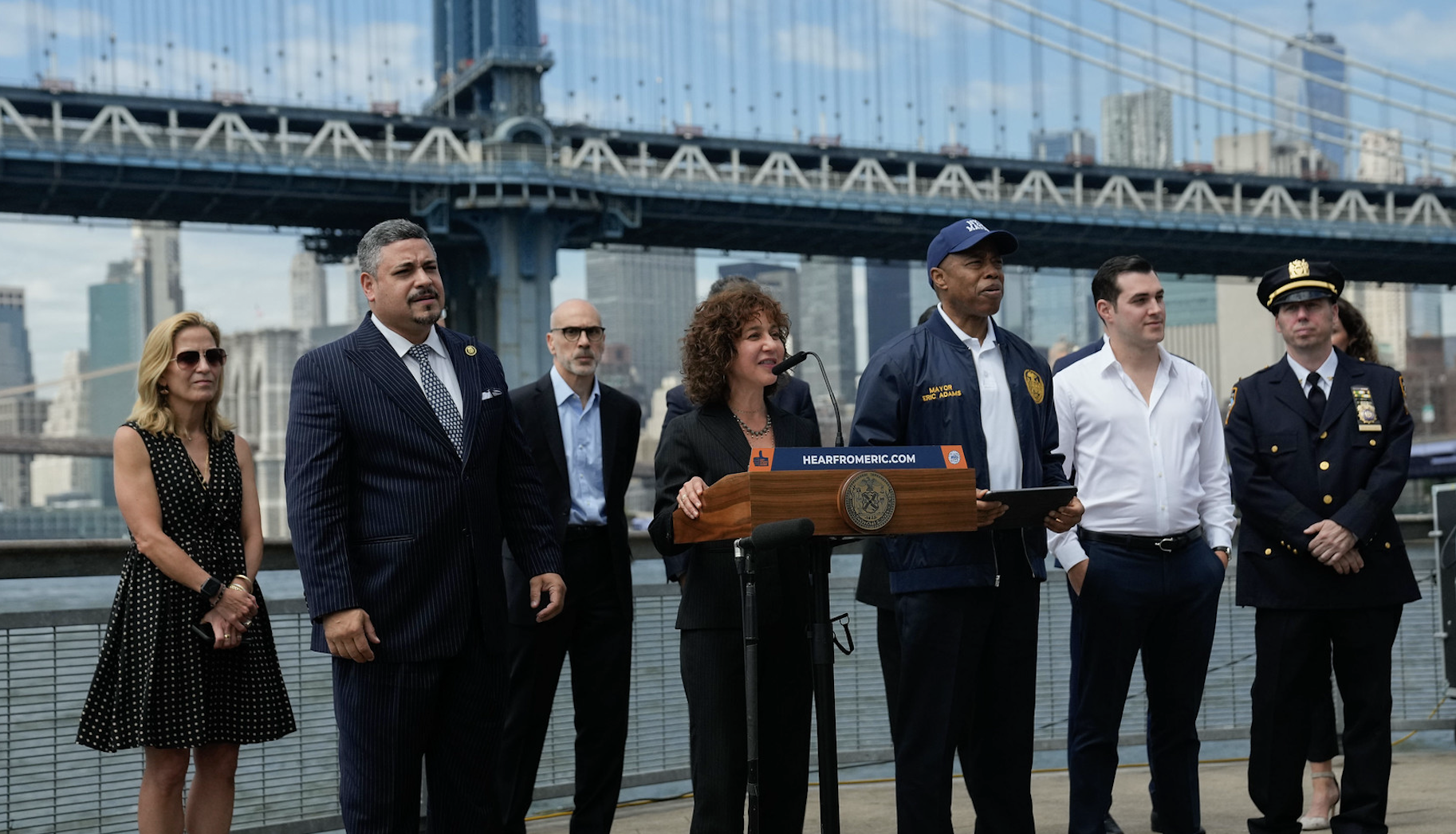Straphangers want more service on trains and buses as New York's economy reopens — but they're not likely to get their wish because of yawning transit budget gaps.
A plurality — 21 percent — of "active riders" (defined as people who continued to ride transit during stay at home orders) told the Tri-State Transportation Campaign that more-frequent service was more important to them than more cleanings, mask requirements, passenger limits and social-distancing measures to keep them safe from catching coronavirus, according to an online survey of 1,074 riders conducted last month.
"It's not surprising," said Tri-State Executive Director Nick Sifuentes. "People understand the way to have social distancing is to have higher levels of service. And this is doubly-compounded by the fact that these people are essential workers. There's nothing like getting off a hospital shift int he middle of a pandemic and then having to wait a half-hour for a bus."
Non-active riders, who Tri-State defined as those who didn't ride throughout the peak of the pandemic in the area, were most in favor of more cleaning — more than 35 percent of them chose that — which the transit group chalked up to those riders not being as familiar with cleaning procedures as active riders.
The distinction is an important one in New York City, where the Metropolitan Transportation Administration has returned to normal service during most hours but halts the subway from 1 a.m. to 5 a.m. daily in order to disinfect trains and stations.
Gov. Cuomo, who controls the MTA, has promised that overnight service will return once the coronavirus pandemic ends — whenever that is. But the governor also has boosted the cleaning policy in many public appearances, and on Monday suggested there was a choice between disinfecting cars and running overnight service. "You can’t disinfect the cars and clean them the way they’re cleaning them and have around the clock service," the governor said on NY1 this week.
Sifuentes said that the governor's either/or choice between cleanliness and full service was troubling, because the best scientific thinking on coronavirus and mass transit posits that cleaning is only a piece of the equation and that the virus doesn't spread easily on surfaces.
"We need to do the things that the science is telling us, and it's pretty clear at this point is that the best ideas are incredibly high mask compliance, high levels of service and cleaning," Sifuentes said. "It's a balance between service necessary for riders on the service now and doing the things riders say they need. Is the MTA getting that balance right at the moment? It could take years to know, but we don't have years to get back to service that people have used who rely on trains their whole lives."
Sifuentes said that, while he'd love to see the MTA follow the lead of active riders and increase service frequency, the agency's dire fiscal situation makes such determinations impossible. The agency — which received a $3.9 billion bailout from the federal government in the initial coronavirus-stimulus package — lost so much revenue from the drastic drop-off of ridership during the shutdown that the state has enabled it to raid funds for repairs in order to prop up its operating budget. Republican leadership in the Senate has pegged another coronavirus-relief bill for mid-July — if one happens — meaning that the MTA must wait many more weeks before it has clarity on whether it will obtain more emergency funding from Washington. Other tri-state transit agencies are similarly situated because the federal government allocated only $25 billion for transit nationwide in its relief package.
New York City Transit President Sarah Feinberg said that her agency needs another $4 billion from the feds.
"Federal assistance is absolutely necessary and required," Feinberg said at a press conference on Tuesday afternoon. "As goes New York, as goes other transit systems, so the assistance not optional in my opinion."
